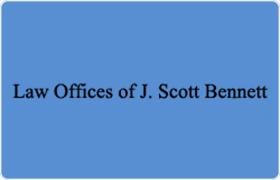Amboy Divorce & Family Law Lawyer, California
Sponsored Law Firm
-
 x
x

Click For More Info:
-
Law Offices of J. Scott Bennett
3730 12th Street Riverside, CA 92501» view mapDivorce & Family Law Over 30 Years Of Experience
When you need accurate representation, whether it’s a divorce lawyer, family lawyer or child custody lawyer, Jerald Bennett is there for you.
800-726-1210
Not enough matches for Amboy Divorce & Family Law lawyer.
Below are all Amboy lawyers.
Donna Yvonne Gordon
Trusts, Family Law, Divorce & Family Law
Status: In Good Standing Licensed: 55 Years
Julian Alan Plott
Litigation, Family Law, Divorce & Family Law, Accident & Injury, Personal Injury
Status: In Good Standing Licensed: 37 Years
Dolores Marie Davis
Trusts, Estate, Family Law, Divorce & Family Law
Status: In Good Standing Licensed: 44 Years
Gregory P Johnson
Mass Torts, Family Law, Personal Injury, Accident & Injury
Status: In Good Standing Licensed: 38 Years
Kim Karels Resnick
Litigation, Trusts, Family Law, Personal Injury
Status: Inactive Licensed: 31 Years
 Jerald Bennett Riverside, CA
Jerald Bennett Riverside, CA Practice AreasExpertise
Practice AreasExpertise
